Taiwan raring to go on trading pact talks
Tsai Ing-wen’s chief trade negotiator wants to begin talks ‘as soon as possible’ with Australia over Taiwan’s application to join a pact originally designed to counter China.
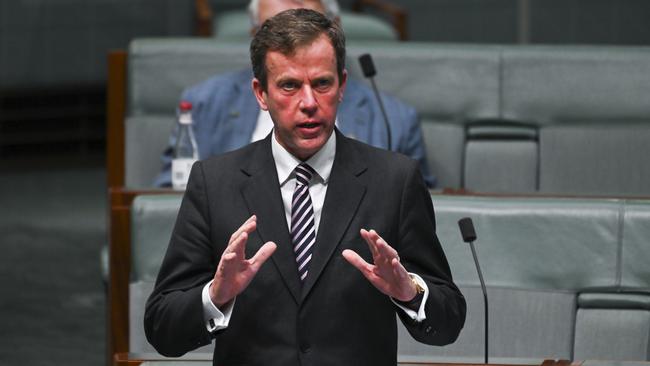
Tsai Ing-wen’s chief trade negotiator wants to begin discussions “as soon as possible” with Australia over Taiwan’s application to join a trading pact originally designed to counter China’s growing economic clout.
In an interview with The Australian in Taipei, John Deng – a minister in the Tsai government and head of Taiwan’s Office of Trade Negotiations – confirmed he had not spoken to Australia’s Trade Minister, Dan Tehan, since Taiwan lodged its application to join the Comprehensive and Progressive Agreement for trans-Pacific Partnership.
Mr Deng said, however, that comments made by Mr Tehan after Taiwan applied in September were “very encouraging”.
“Really, I just cannot think of any reason why the Australian government doesn’t want to support Taiwan,” he said in his first interview with Australian media since the application was lodged.
China – in a move many analysts interpreted as a spoiler – lodged an application to join the 11-nation trading pact days before Taiwan.
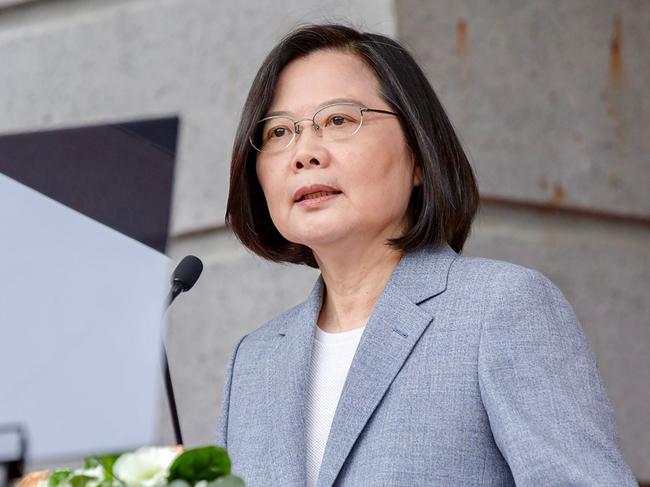
That has triggered a diplomatic flurry among the group’s members, who must unanimously approve any applicant.
Jeffrey Wilson, research director at the Perth USAsia Centre, said there was clearly reluctance among the trade pact’s membership to deal with the geo-economic showdown. “Everyone’s looking at everyone else, saying: ‘Who wants to take on this delicate situation?’ ” said Mr Wilson, an expert on international trade.
Taiwan is widely seen as an exemplary applicant, but Beijing has ordered Australia and other members not to engage in talks with the self-governed democratic island. “China’s made it very clear, there will be serious diplomatic consequences if Taiwan’s application is entertained,” Mr Wilson told The Australian.
President Xi Jinping has led China’s lobbying efforts in phone calls with leaders of CPTPP members, including Singapore’s Prime Minister Lee Hsien Loong and New Zealand Prime Minister Jacinda Ardern on Friday.
Australia has been co-ordinating with Japan, which has led the push to secure Taiwan’s entry.
The Morrison government on Wednesday said Australia would “consider China’s and Taiwan’s applications on a consensus basis”.
Repeating a message first conveyed by Mr Tehan in September, a spokesman for the Department of Foreign Affairs and Trade said any applicant would have to demonstrate its adherence to the World Trade Organisation and other trade commitments – effectively putting Beijing on notice.
“Australia has also conveyed to China that these are important matters that would need ministerial engagement,” he said.
Mr Deng said the Taiwanese government well understood the pressure that the trade pact’s members were under from Beijing.
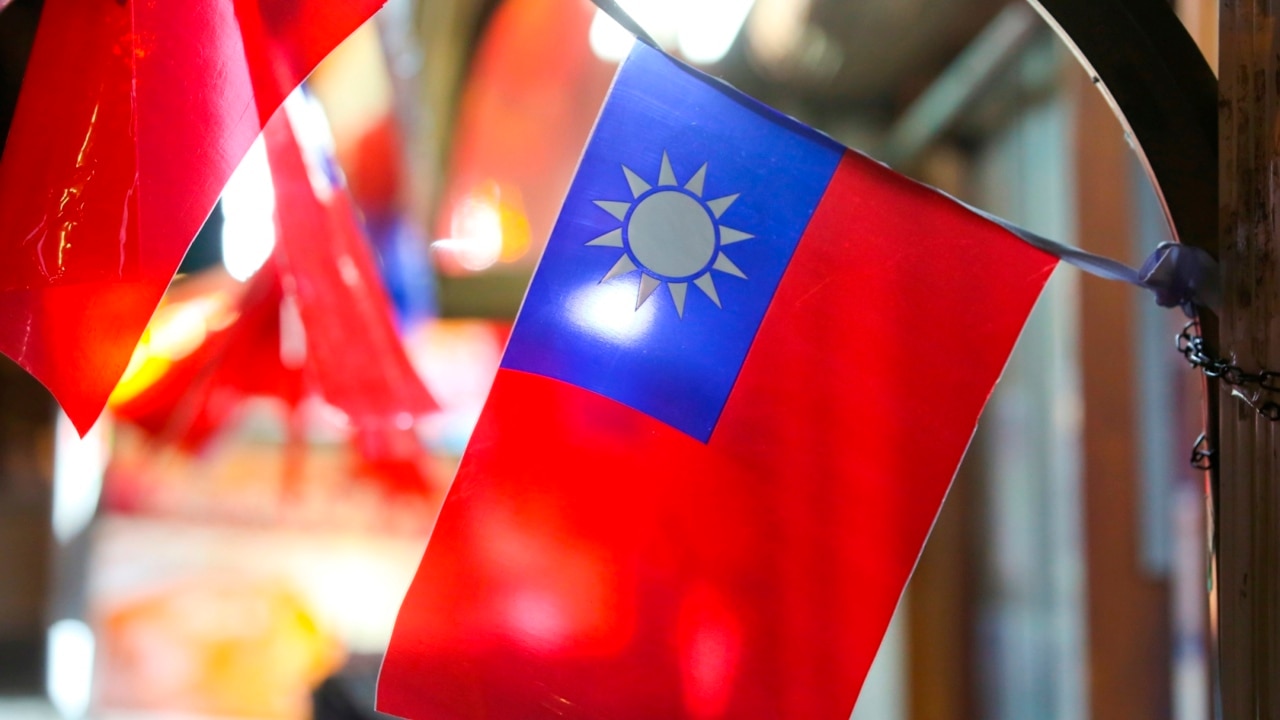
“Of course we wish that our engagement with Australia can start as soon as possible, but certainly you cannot impose it … This is a difficult decision for everyone.”
He indicated that conversations Taiwan had had with the trade pact’s members – “many not announced” – had given the Tsai government confidence it would succeed despite Beijing’s opposition. “So far we haven’t heard any cold shoulder, any negative comments. So our interpretation is that is very positive,” he said.
“We have confidence,” he added, noting the Taiwanese government had been aligning its economic policies with the trade pact’s high standards for years.
“I think our friends, including (the Australian) government also know from dealing with us (that) we can do what we say.”
Former prime minister Tony Abbott has said Taiwan’s application has huge strategic significance. “I can’t think of a stronger signal of democracies standing shoulder to shoulder with Taiwan than Taiwan’s accession to the CPTPP,” Mr Abbott said during a visit to Taiwan in October.
Taiwanese Minister for Economic Affairs Mei-Hua Wang used Mr Abbott’s words last week at a joint conference of the ROC-Australia and Australia-Taiwan Business Councils held across Taipei and Brisbane.
A host of Australian business groups have supported Taiwan’s application, including the Minerals Council of Australia, the National Farmers’ Federation and the Australian Chamber of Commerce and Industry.
The mining lobby — whose coal producers have been caught up in Beijing’s strikes on Australian exports previously worth $20bn a year — said Taiwan’s entry would be lucrative for its members.
The farmer’s lobby, whose members have also been battered by China’s more than 18-month trade coercion campaign, has noted Taiwan is one of the few major destinations for Australian agricultural exports with which Australia does not have a free trade agreement.
“This should be rectified urgently,” the farmer’s lobby said.



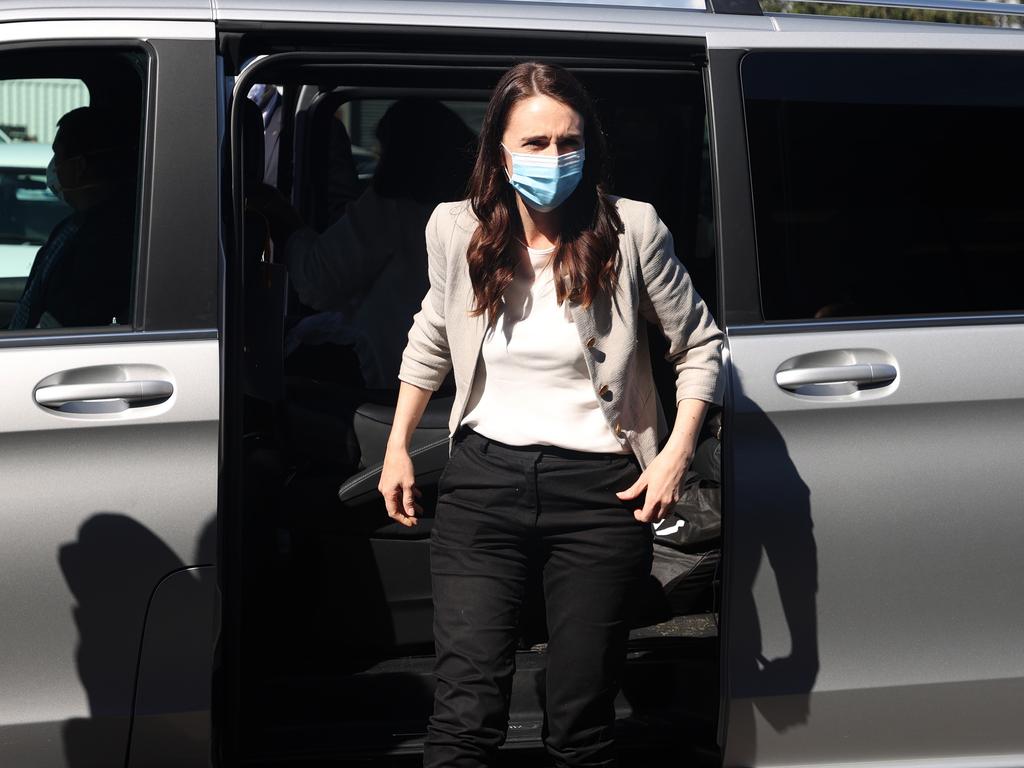
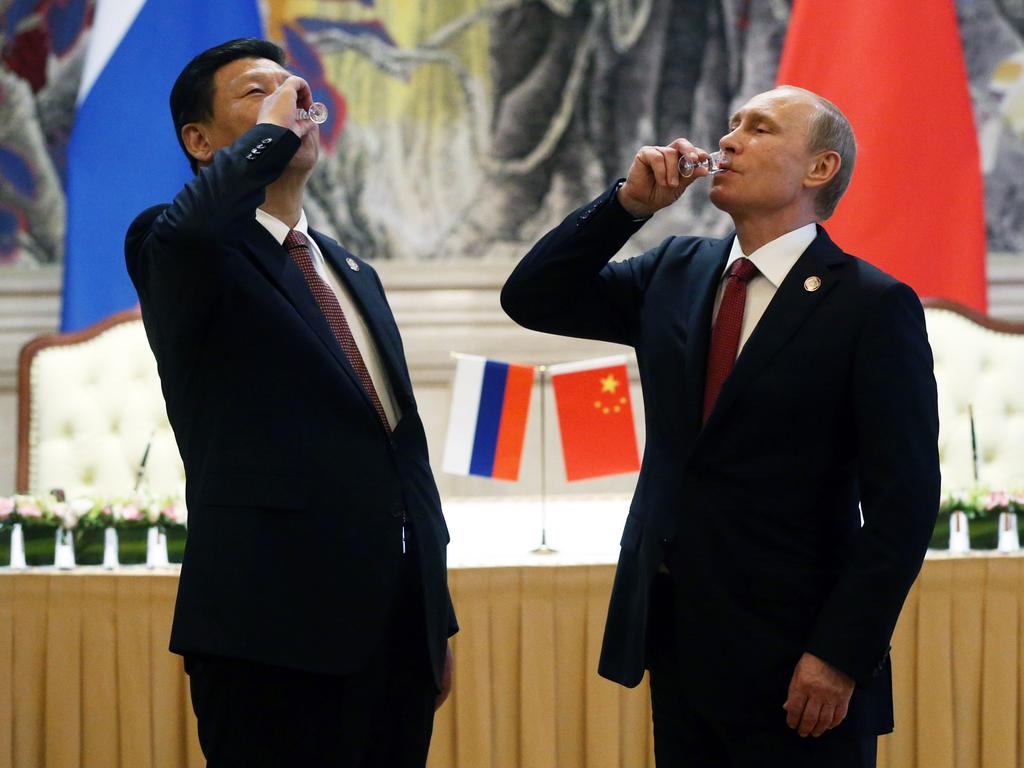
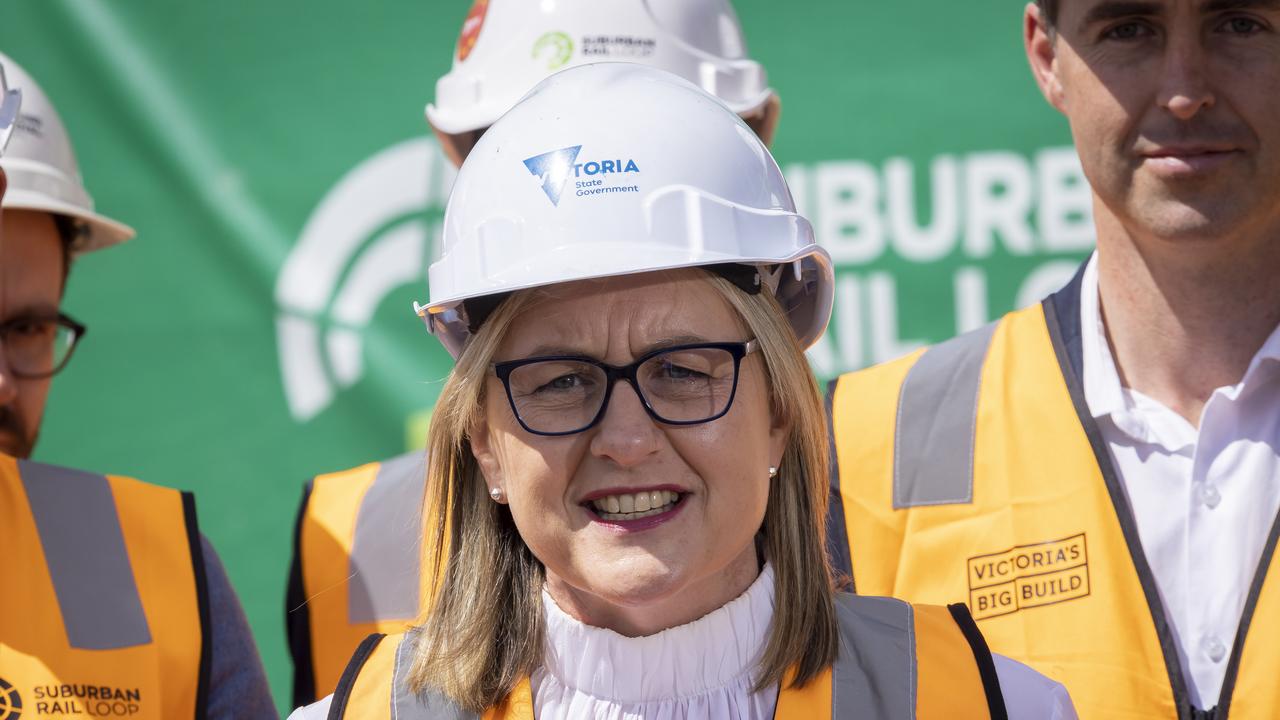
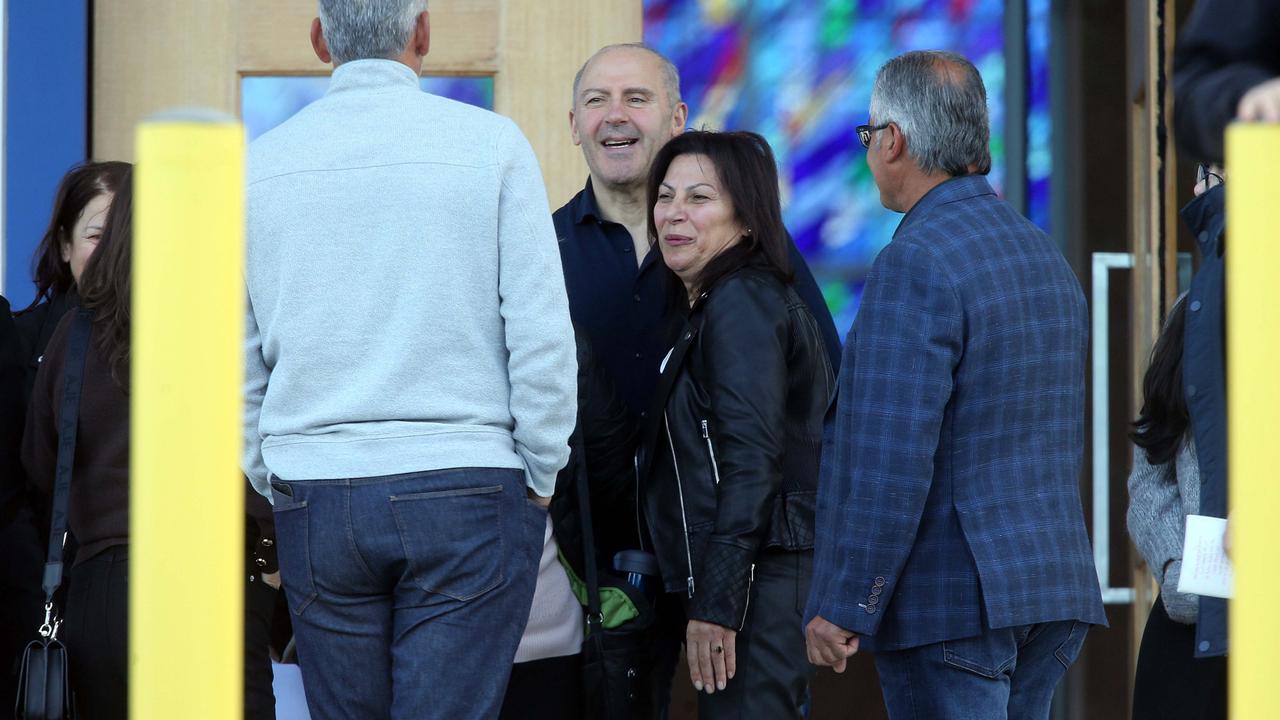
To join the conversation, please log in. Don't have an account? Register
Join the conversation, you are commenting as Logout